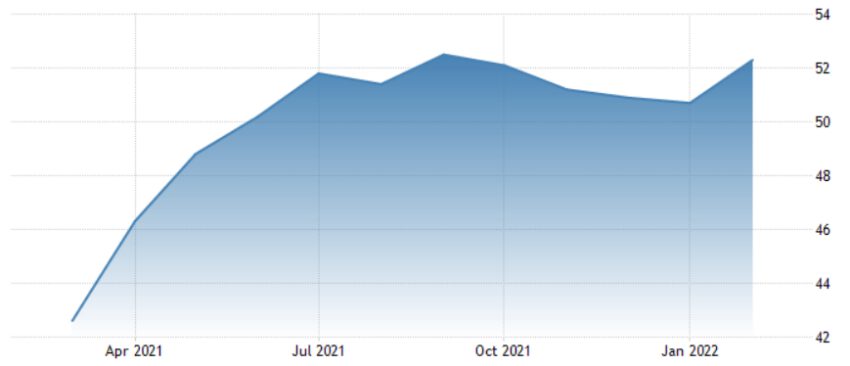Argentines are taking to play-to-earn games to boost their income, as the number of players from the country has shot up considerably in recent times. Citizens often make more through these games than from their salaries, as inflation siphons away their earnings.
Citizens of Argentina are turning to play-to-earn games to boost their earnings as the inflation of the local economy is dwindling their salaries, according to a Bloomberg report published on March 22. It reveals that Argentina has become the top country in terms of play-to-earn game usage in the Latin America region, mostly because of the inflation reaching a ten-month-high.
Nearly 10,000 visits have been made to Decentral Games, a metaverse platform that is extremely popular. It’s clear that players are looking for some way to overcome the inflation rate, as prices have grown at an annual rate of 50%. Argentina is only second behind Venezuela in terms of inflation rates.
Axie Infinity is one of the most popular games among Argentines. The citizens are playing on behalf of Americans and Germans, because they cannot afford their own accounts, according to Mauricio Ramos, Axie’s head of Latin America. Many of these games require startup capital that can amount to thousands of dollars to get started.
Play-to-earn games have become a hit in many countries, particularly Asia, for its ability to let people earn for playing games. Other countries in the Latin American region have also taken to this space. Countries with high play-to-earn users are Georgia, the United States, and the Philippines.
By getting paid a portion of the earnings via crypto from those they are playing on behalf of, Argentines can circumvent financial controls. There has been some regulatory concern surrounding this earning model, though nothing serious has materialized yet.
Crypto becoming important to Argentines
Even before this increase in play-to-earn players, Argentina was a hotbed for cryptocurrency activity. A grown number of citizens have become freelancers, partly because they can get paid in crypto. 90% of crypto payments were either made in BTC or ETH.
The country’s officials have been trying to clamp down on this by imposing a crypto tax, with transactions subject to check tax, a tax on credit and debts. Crypto exchanges have a tax rate of 0.6% and LocalBitcoins volumes are also higher than average.
The International Monetary Fund (IMF), meanwhile, has sought to discourage crypto use. It used a debt restructuring plan to force the government into that position. Still, none of these actions have stopped Argentines, who are making much more through crypto.
Disclaimer
All the information contained on our website is published in good faith and for general information purposes only. Any action the reader takes upon the information found on our website is strictly at their own risk.



